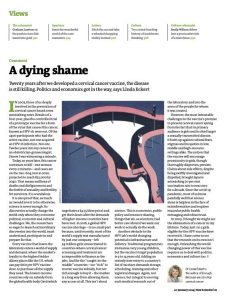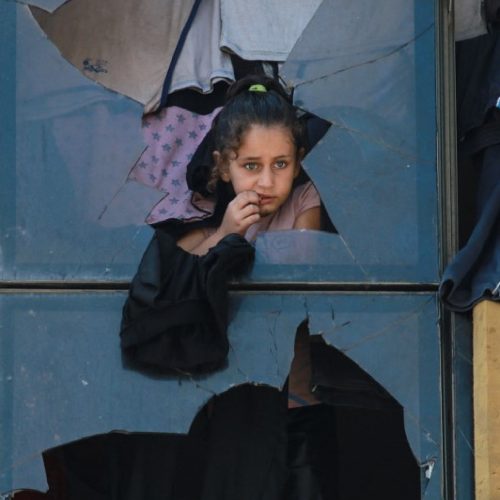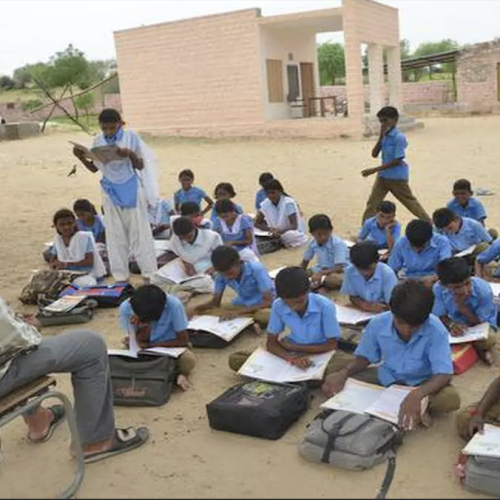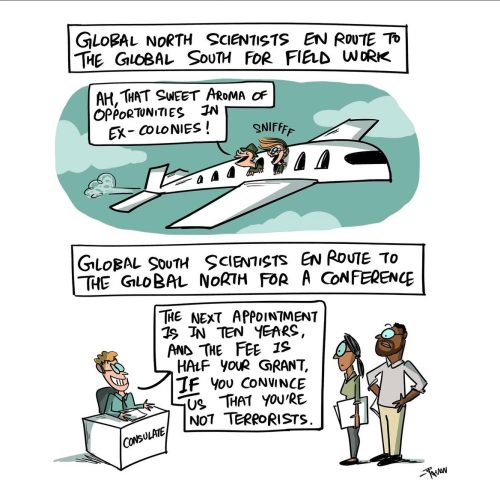February 6, 2024
The Equity Imperative: Confronting HPV Vaccine Apartheid to Combat Cervical Cancer
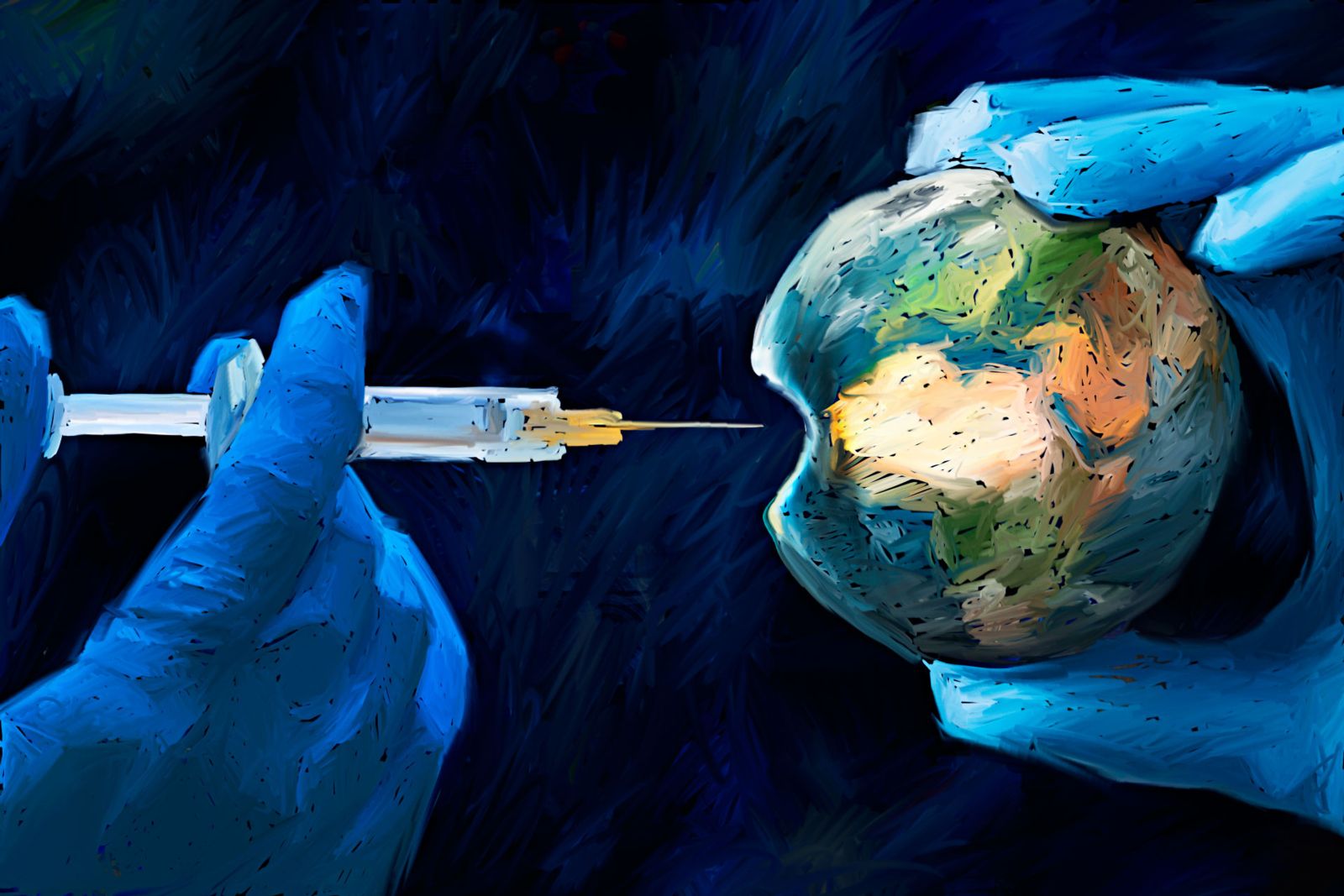
The fight against cervical cancer faces a critical juncture. Despite the availability of a life-saving vaccine against the Human Papillomavirus (HPV), which is known to reduce cervical cancer cases significantly, a stark divide remains between high-income countries and lower-middle-income countries in vaccine access.
Professor Linda Eckert, from the Department of ObGyn and the Department of Global Health at the University of Washington, poignantly highlights this in her op-ed “A Dying Shame“ for New Scientist, illuminating a distressing reality: while we have the tools to prevent a significant number of cervical cancer cases, socio-economic and political barriers continue to allow the disease to claim lives unnecessarily.
Eckert draws attention to the vast potential of the HPV vaccine to prevent cervical cancer. This disease predominantly affects women in low and middle-income countries, where healthcare resources are often scarce. Yet, two decades after the development of the vaccine, these countries have witnessed cervical cancer rates not only persist but surge while high-income countries hoard vaccine supplies.
The persistently high rates of cervical cancer in developing countries are not just a public health failure but also a reflection of deeper, systemic issues where the lives of mostly people with low income are undervalued in the global health paradigm. Science and innovation are not panaceas when severed from the principles of equity and justice. The effectiveness of any medical breakthrough is inherently limited if it is not equitably distributed. The challenge is not just in developing the vaccines but ensuring they reach all corners of the world where they are needed, regardless of a country’s economic status.
The disparity in access to the HPV vaccine underscores the broader issues plaguing global health: ‘vaccine nationalism’ and profit-driven healthcare systems compromise the collective effort to combat diseases. It is a call to action for wealthier countries, international organizations, governments, and pharmaceutical companies to support and actively participate in the fair and equitable distribution of life-saving medical innovations.
Dr. Linda Eckert, a renowned expert in cervical cancer prevention, is the author of a recently published book titled “Enough: Because We Can Stop Cervical Cancer.” Drawing from her vast experience, she has interwoven the stories of brave women who have battled cervical cancer to advocate for change and raise awareness about the disease.
Read more here: Science alone won’t end cervical cancer, even though we have a vaccine | New Scientist